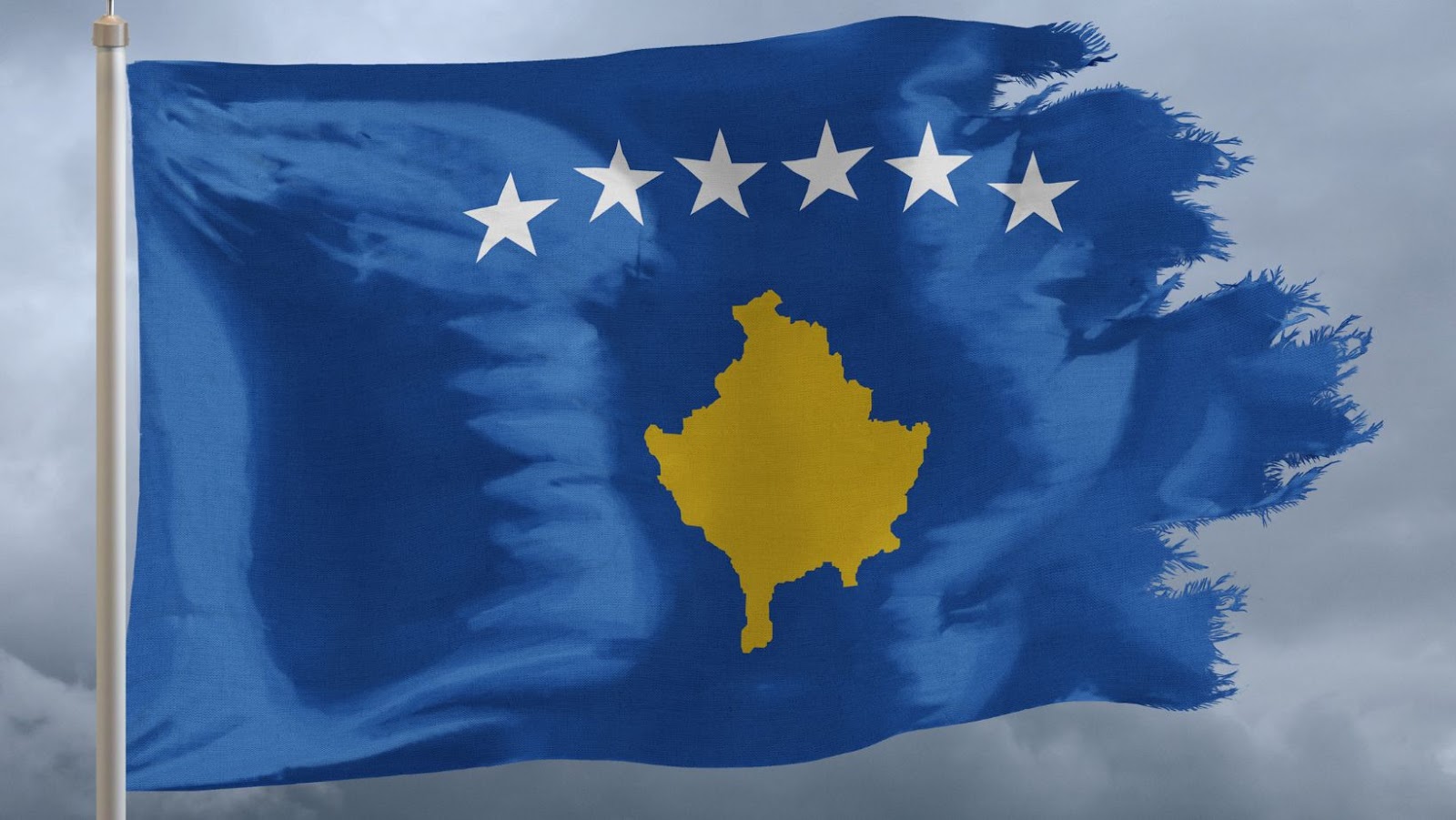When Did Kosovo Gain Independence
Kosovo gained independence on February 17, 2008. This marked a significant milestone in the history of Kosovo, as it became recognized as a sovereign and independent state by numerous countries around the world. The road to independence for Kosovo was a complex one, with political negotiations and international involvement playing crucial roles.
The quest for independence began long before 2008, with the dissolution of Yugoslavia in the early 1990s. Kosovo, which had been an autonomous province within Serbia, sought self-determination and recognition as an independent nation. After years of conflicts and negotiations between different parties involved, including ethnic Albanians and Serbs, a process led by international mediators eventually resulted in the declaration of independence.
The declaration of independence by Kosovo was met with mixed reactions from various countries and international organisations. While some nations recognized its sovereignty right away, others expressed concerns over potential implications for their own regions or supported continued negotiations between Kosovo and Serbia. Nevertheless, over time, more countries have come to recognize Kosovo’s status as an independent state.
In conclusion, Kosovo gained its independence on February 17, 2008 after a lengthy process of negotiations and international involvement. Though its status remains subject to ongoing discussions and debates among different nations and organisations worldwide, it has made significant strides towards establishing itself as an independent entity on the global stage.
The Background of Kosovo
Kosovo’s path to independence is a complex and significant chapter in its history. Understanding the background of Kosovo is crucial in grasping the context of its struggle for independence. Here are some key points:
- Historical Context:
- Kosovo, located in the Balkans, has been part of different empires and kingdoms throughout history, including the Ottoman Empire and Yugoslavia.
- As part of Yugoslavia, Kosovo had an autonomous status within the federation.
- Rise of Nationalism:
- In the late 20th century, nationalism began to shape political discourse in Yugoslavia.
- Ethnic tensions between Albanians (the majority population in Kosovo) and Serbs (the dominant ethnic group in Yugoslavia) grew.
- Dissolution of Yugoslavia:
- In the early 1990s, Yugoslavia started to disintegrate due to various factors such as economic decline and political disputes.
- This led to conflicts between different ethnic groups striving for self-determination.
- Conflict and Intervention:
- In 1998, armed conflict erupted between Serbian forces and the Kosovo Liberation Army (KLA), which sought independence for Kosovo.
- The conflict resulted in a humanitarian crisis with widespread violence against civilians.
- International Involvement:
- Diplomatic efforts were made by international actors to find a peaceful resolution.
- NATO intervened militarily in 1999 with airstrikes against Serbia to halt human rights abuses and protect civilians.
- UN Administration:
- Following the intervention, Kosovo came under United Nations administration known as UNMIK (United Nations Interim Administration Mission in Kosovo).
- Declaration of Independence:
- On February 17th, 2008, after years of negotiations facilitated by international mediators, Kosovo declared independence from Serbia. – It should be noted that not all countries recognize Kosovo as an independent state.
Understanding the background of Kosovo is essential in comprehending the complex factors that led to its declaration of independence. The struggle for self-determination continues to shape Kosovo’s political landscape and its relationships with neighbouring countries and the international community.
